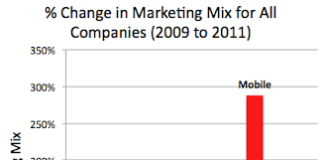Everyone is talking about the 2-to-1 split decision by the 2nd U.S. Circuit Court of Appeals in New York, which threw out the conviction of a sales representative for promoting off-label use of a prescription drug. Many pundits believe that the court decision will allow pharma sales reps to exercise their right to freely talk about off-label uses of the products they are selling.
“From our vantage point as digital health communicators,” says Michael Spitz of Pixels&Pills Blog, “the ruling has the potential for transforming how the industry connects with its targets, perhaps some day getting us all closer to using the incredible power of digital to deliver the most patient benefit” (see “Free Speech, Fair Balance, and the Future of Pharma“).
That’s all very well and good. But did you know that even when sales reps are “staying on label” in discussions with physicians, they almost never mention serious adverse events as required by law, not to mention required for “patient benefit”?
A study published online in the Journal of General Internal Medicine shows that sales representatives “failed to provide any information about common or serious side effects and the type of patients who should not use the medicine in 59 per cent of the promotions” (see here).
According to the study abstract:
Serious adverse events were rarely mentioned (5–6 % of promotions in all four sites), although 45 % of promotions were for drugs with US Food and Drug Administration (FDA) “black box” warnings of serious risks. Nevertheless, physicians judged the quality of scientific information to be good or excellent in 901 (54 %) of promotions, and indicated readiness to prescribe 64 % of the time.
I call this “Free Non-Speech.”









![6 Digital Tools at the Center of Healthcare Digitalization [INFOGRAPHIC]](http://ec2-54-175-84-28.compute-1.amazonaws.com/pharma-mkting.com/wp-content/uploads/2021/04/6DigitalTools_600px-100x70.jpg)




